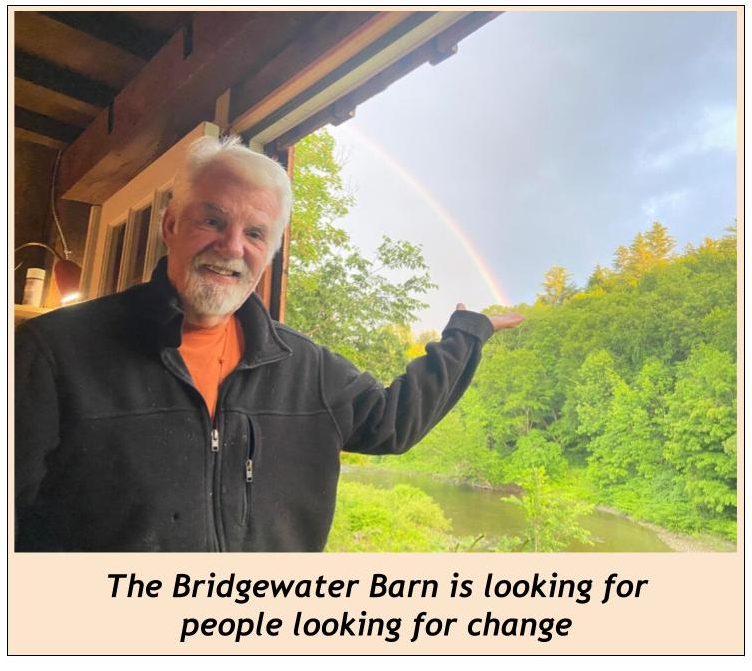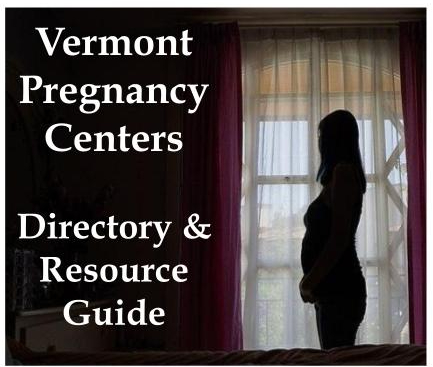
by Karen Bufka
My seventh grade English teacher provided a series of lessons on critical thinking. I remember them vividly because they were excruciating and I dreaded them. The image on the cover of the workbook still haunts me. The thing is, as an adult I have felt grateful that I received even this little bit of formal training in critical thinking because I use it every single day. The suffering my twelve year old self experienced was worth it because of the countless subsequent gifts. For instance: when I encounter certain words or phrases, my mind sits up and pays extra attention. One of these phrases is “conspiracy theory”.
What do you do when you hear or read “conspiracy theory”? Do you assume that whatever is being labeled as such is loony, unsubstantiated stuff, discount it and move on? I don’t. The brief but tortuous training I received long ago kicks in and I start asking questions. Who is labeling that a conspiracy theory? What do they—or the people who pay their salary— have to gain from saying that? Do they have something to lose from me looking into it? I ask questions about those proposing the theory: what do they—or the people who pay their salary— have to gain/lose from putting that information out there? And of course there are questions to be asked about the substance of the theory itself: who else is saying things which support or don’t support this and how does all that information compare? And again: what do the sources of that additional information have to gain or lose?
I have noticed that the phrase “conspiracy theory” often stops people from thinking and asking questions. Nobody wants to be a “conspiracy theorist”, with all those negative connotations! Sometimes they stop thinking and asking questions because someone else has labeled something and they believe them or at least don’t take the time to question them; sometimes they use the phrase themselves, to shut down their own impulse to question; and sometimes they use it to undermine that questioning impulse in someone they are talking with, to shut them down. In a nutshell: that phrase is a red flag indicating that someone— either outside or inside ourselves— wants us to stop asking questions.
When people use “conspiracy theory” themselves to shut down their own curiosity, I can understand why. There are many things in this wide world which can stir up our emotions and make us uncomfortable, even afraid—sometimes we don’t want to potentially open a can of emotional worms so we close our minds. However, if we are going to do this, let’s be honest about what we are doing and take responsibility for it. “Know thyself”, right? “Know thyself” also applies if we find ourselves using “conspiracy theory” to shut someone else down or to deflect what they have to say. This is an opportunity to ask ourselves why we don’t want to contemplate the information they are offering.
When we abandon our inquisitive mind because someone else puts the “conspiracy theory” label out there, that’s another matter. In that moment, we need to ask if we are allowing ourselves to fall into the trap of mind control. On a small scale: has the phrase “conspiracy theory” been used by an individual—consciously or unconsciously— to get us to shut down our own critical thinking, look away from, rather than into, a topic? Have we inadvertently given away our precious power to determine for ourselves what we think about? On a large scale: has the phrase been weaponized to shut down critical thinking in the general population? In “Conspiracy Theory in America”, by Lance deHaven-Smith, we learn about the New York Times’ 1976 FOIA (Freedom of Information Act) request which revealed a CIA strategy paper, Dispatch 1035-960, “Countering Criticism of the Warren Commission Report”. In this document, the CIA encouraged its bureaus to use the term “conspiracy theory” and the associated “conspiracy theorists” to discredit those who were questioning the Report. Propaganda assets could be used to refute the attacks of the critics. Book reviews and feature articles were considered appropriate for that purpose.
Can we imagine that powerful people within our government and media would choose words not to invite rational thinking and questions but to shut them down? We need only read a newspaper, listen to a TV or radio show to find “conspiracy theory” and other catchy, emotion-provoking words and phrases which can derail our thinking minds. It is up to each of us to decide what to do when we meet those words. It is up to each of us to choose whether or not we use them towards ourselves and each other.
Categories: Commentary








there is no conspiracy theory, just facts when your smart enough to do the research/////////
Absolutely correct – it is “critical thinking” something not taught in the schools and colleges today. We have become the indoctriNATION. No more debates either. They don’t want to hear any other side or opinions.
This is brilliant, Karen! You are right that more people need to – pause – and THINK (critically), before applying or repeating that “conspiracy theorist” label. There’s way too much of that going on these days.
I’m hoping that you can get this commentary, or something like it, into Digger, where that readership really needs to hear this message!
Thanks, Karen, for bringing up this excellent analysis!
Something that appears to be totally lacking in everything we do today is complete honesty.
We can no longer tolerate lies from anyone and expect to make things better.
What’s worse is when people lie in other people attempt to cover up that lie.
It doesn’t matter who does it a lie is still a lie.
We have a constitutional right to present the truth and when we are blocked from presenting the truth that is absolutely disturbing..
Being blocked on any political site for attempting to present the truth is scary when the groups pretend they are going to represent your constitutional rights and protect them..
We are in trouble when both sides of the aisle attempt to block the truth from the voting public.
We have many people proclaiming to be men of God that are covering up for someone that is lying to The Vermont voter and they are well aware of it.
We have far too many politicians under the dome of gloom to tell us one thing and do another.
I prefer to think of myself as a “Truth Seeker”. I don’t care if what I’m looking into turns out to be wrong. Has zero effect on me, because lots of what I look into turns out to be (inconveniently? unfortunately?) true. You want to call me a (oooohhh) conspiracy theorist? Fine. Whatever gets you off, I guess.
Funny though how 90% of these “theories” end up being true down the road a ways. And whoever said it first is right… the *truth* WILL set you free!
Here’s one for you to think about…..
Question, grass roots or astro turf?
https://vtdigger.org/2024/04/28/pro-palestinian-protest-encampments-spring-up-at-the-university-of-vermont-middlebury-college/
Why are almost all the tents identical? Everybody coincidentally bought the same tent? How about somebody supplied all the tents? Vermont is king of Astro Turf and sadly we don’t even know we are being played, constantly.
VTDigger keeps pushing the propaganda as news, never questioning, always promoting the agenda. Why? Because they are funded by those organizations that perpetuate the Agenda….Agenda 21, the world color revolution for the world.
You will own nothing and be happy. They state their plans in the open. What does it mean? You will be their slave, they will be your master.
Vermont is the tip of the spear, their true intentions are being seen now with the school vote.
FYI, the term “Conspiracy theorist” was made up by the CIA to discredit Americans who doubted the Warren Commission report. Never seen in print before 1967, I think.